Ghana risks deepening national division – Akwasi Oppong-Fosu warns
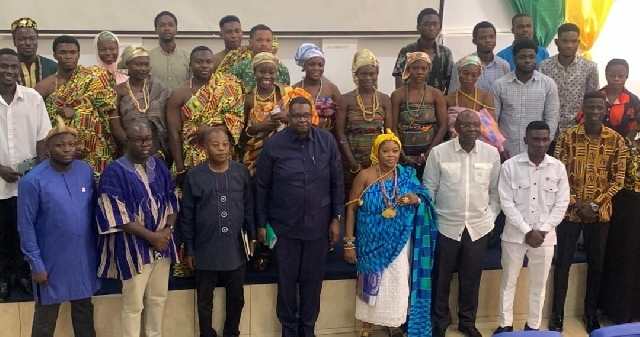 Dr Opong -Fosu with GCTU students after the event in Accra
Dr Opong -Fosu with GCTU students after the event in Accra
Former Amenfi East MP and Board Chairman of the Ghana Investment Promotion Centre (GIPC), Dr. Akwasi Oppong-Fosu, has warned that Ghana is edging dangerously toward heightened national division driven by extreme partisanship, ethnic tension, and the politicisation of religion.
Speaking at the handing-over ceremony of the Volta Region Students Association of Ghana (VORSAG) at the Ghana Communication Technology University (GCTU) on Wednesday, November 26, Dr. Oppong-Fosu said the country stands at a critical crossroads, facing a choice between moving forward with unity or sliding into deeper uncertainty.
He observed that Ghana is “becoming a nation more divided than at any other moment in our history,” noting that political participation has taken on an increasingly partisan tone, while ethnicity is being weaponised for political advantage.
He criticised the trend where certain ethnic groups experience undue difficulties depending on which government is in power, calling it a dangerous threat to national cohesion.
“Instead of national identity binding us together, we are witnessing fragmented identities pulling us apart.
Religion, once a unifying moral force, is now being dragged into political competition.
We discuss who deserves to be at the Jubilee House based on religion and ethnicity, not merit, competence or character,” he cautioned.
Dr. Oppong-Fosu described these developments as “deeply disturbing,” stressing that no country has achieved sustainable development by entrenching internal divisions.
He called for tribal and political sentiments to give way to values, tolerance, and constructive national engagement.
He also lamented the declining quality of intellectual discourse in the public space, referencing a recent confrontation between two professors on live television as an example of how debates have shifted from educating citizens to showcasing aggression.
“Years ago, we had programmes like Talking Point where people waited anxiously to be educated.
Today, people clap for who punches harder. It is no longer about information—it is about attacks,” he noted.
The GIPC Board Chairman further highlighted the proliferation of misinformation and fake news as a growing threat to national stability, warning that reputations are often destroyed before individuals have the chance to defend themselves.
“When this happens, a country loses the glue that holds it together.
If these trends continue unchecked, it will be the next generation—your generation—that pays the highest price,” he added.
Dr. Oppong-Fosu urged students and young people to take up the mantle of unity, responsible citizenship, and informed dialogue, emphasising that their involvement is essential to safeguarding Ghana’s democratic and social future.
Source: Classfmonline.com/Cecil Mensah
Trending News
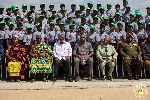
YEA, Ambulance Service graduate final batch of Community Medical First Responders
15:15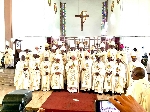
'State support is partnership, not takeover': Catholic Bishops' Conference & Christian Council on religious freedoms at missionary school
21:19
Prof Stephen Asare challenges AG's defense of Wesley Girls' SHS
18:00
Accra Court grants ¢50,000 bail to blogger Samuel Amadotor
12:06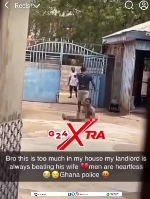
Tesano Police Station failed me – Wife of Odartey Lamptey breaks silence
09:52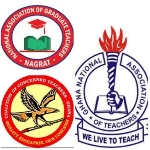
GNAT, NAGRAT, PRETAG say CAGD's failure to pay Nov allowances breaches agreement
16:30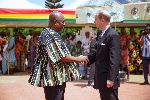
President Mahama welcomes Duke of Edinburgh, celebrates long-lasting GH-UK relationship
02:58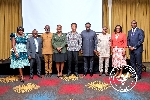
NHIA projects over 120% tariff increase to strengthen healthcare delivery in 2026
16:41
Dr Bawumia’s record is abysmal; he can’t take it to the market – Kwakye Ofosu
11:01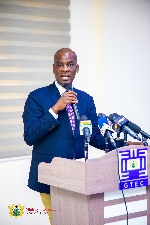
Ghana's 2026 budget allocates GHS39.2 bn to education sector
09:31




